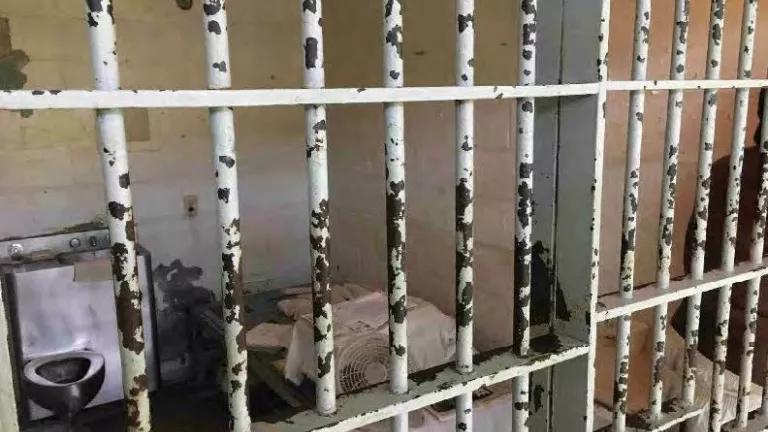Chicago’s SE Siders Demand Real Transparency & Participation

Mark Velez
This is a guest blog by Adelina Avalos, NRDC Midwest Youth Ambassador.
In pre-coronavirus days, I would have never imagined that after high school graduation I’d be spending the last fleeting moments of summer taking on officials from the City of Chicago and the State of Illinois, who continue to fail my community on the Southeast Side. The pandemic dramatically upended the lives of our residents but still, we’ve been tasked with standing up against environmental racism and the planned move of a dangerous metal recycler from a well-resourced and largely white North Side neighborhood to our working-class, Latinx majority area.
Two weeks ago, the Chicago Department of Public Health hosted a public virtual town hall about the metal recycler’s proposal and the city's permitting process for recycling facilities. While on the surface, it may seem like the city was making a good faith effort to involve the community in the decision, the way in which the town hall was planned and executed enforced white supremacy at every level.
When Alderwoman Susan Sadlowski Garza, whose 10th Ward is home to where the metal recycler is planned to move, announced that the meeting was taking place, she noted that the Chicago Department of Public Health “has heard the concerns of the community loud and clear.” I would argue that if the city genuinely listened to our concerns, they would have already put a stop to the facilities’ relocation to our community.
We have been clear from the onset that if this operation is not safe for the North Side, it is certainly not safe for the Southeast Side, which is already the most environmentally burdened area in Chicago. This company has a documented history of dozens of violations and multiple explosions but it is still not enough to stop it from moving across the street from an elementary school and a high school.
Without consideration for the community continuing to grapple with the fallout from the pandemic, Chicago officials gave residents a three-day notice to prepare for the town hall. Our community is being engulfed by a virus, struggling to put food on the table and some lack resources for virtual advocacy like the internet. Despite the city claiming they want the community to be involved, this last-minute timing is a barrier to participation and puts additional burdens on residents.
I question the purpose of disrupting people's lives during a pandemic without a clear understanding of how our voices will be taken into account in this decision. By failing to consider the current context of the Southeast Side, this town hall comes off as tone deaf and no more than an empty gesture.
Residents for years have called for more transparency on the city’s elusive permitting process with no avail. Youth activists recently held a demonstration at the home of Alderwoman Garza to demand answers on how a serial polluter could be awarded a permit to move to a community that has long been overburdened—and no concrete answer was given.
As a recent high school graduate, a multitude of inequities that I may not have understood before are coming into focus. Apart from being concerned about exposures to brain damaging chemicals in my neighborhood, I worry about what the move of this facility will mean for the health of my community, and I wonder just how soon we’ll be hit with yet another environmental assault.
The harshest reality to come to terms with is that the government agencies that are supposed to protect us equally often toy with the livelihoods of working-class communities of color. While we may not be able to count on our government, I find comfort in knowing that I live in a community of care, where we look out for one another and are collectively committed to fight for a greener, healthier environment, so that future generations won’t have to endure the same struggle.




